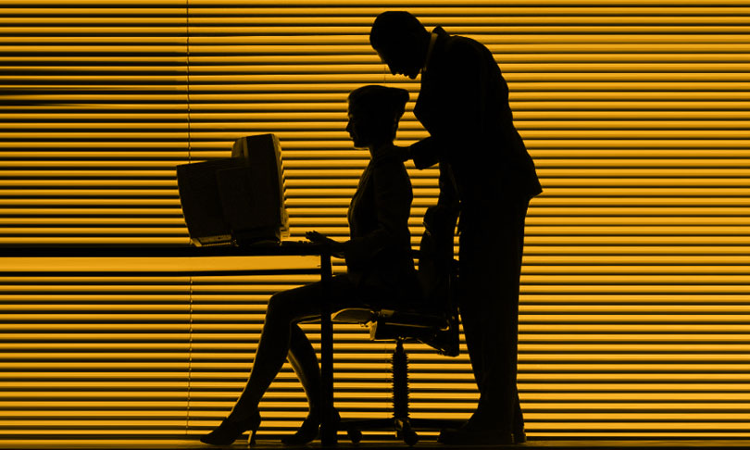As incidents of sexual misconduct with women lawyers in courts and chamber blocks continue to make news, which includes a lawyer being raped by her senior in Saket court chamber block last year, NGO 'Art of Learning' has moved the Delhi High Court against the failure of the Bar Council of India, the Bar Council of Delhi and the Bar Associations of all district courts in Delhi in providing a...

